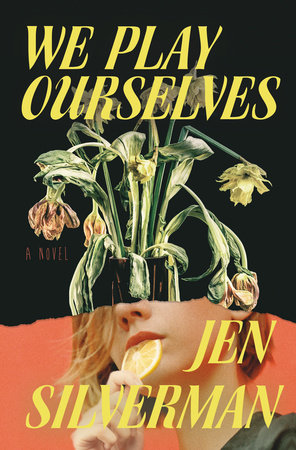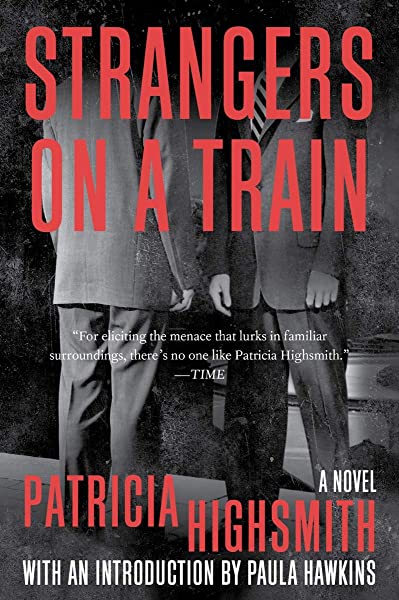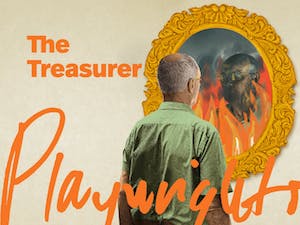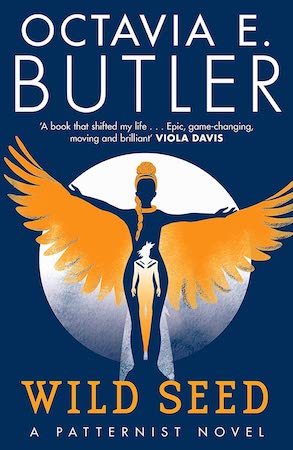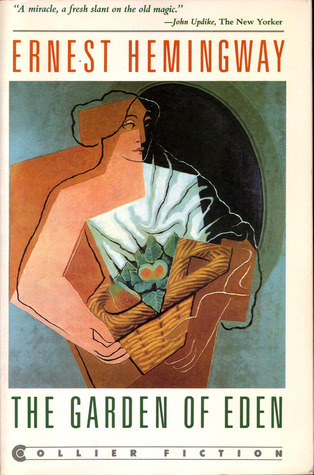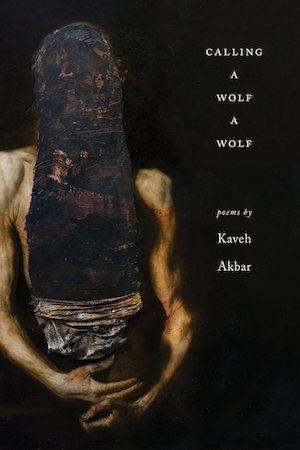If you enjoy reading Electric Literature, join our mailing list! We’ll send you the best of EL each week, and you’ll be the first to know about upcoming submissions periods and virtual events.
There’s nothing more thrilling than a good nemesis. A bad nemesis is like a bad bagel—better not to have one at all, than have one that falls short of the mark. But a good one shines a spotlight on your deepest fears about yourself. A good nemesis is a mirror for your aspirations, since whatever qualities you’ve given this person are markers of what you value. If someone’s very name inspires in you nauseating self-loathing tinged with ecstasy—congrats! You have a nemesis. In due time, a proper nemesis may even spur you on to acts of insanity revealing your long-buried desires—for example, if you’re Patricia Highsmith, killing your wife. (Somehow Patricia is always killing the wives.)
In my novel We Play Ourselves, Cass is a playwright who finds herself obsessed with Tara-Jean Slater, a playwright a decade younger who is sweeping up awards and acclaim with nonchalance. Tara-Jean exists as a focal point for Cass’s hungry jealousy, as she provides a window into what Cass believes she wants—in fact, believes she deserves. More than that however, Tara-Jean becomes a shining example of what cultural gatekeepers so often require of a woman before they let her succeed: bare your soul, sell us your trauma. Don’t tell us what you think, tell us what you’ve been through. Tara-Jean is more than willing to weaponize her trauma, whereas Cass—who often has a hard time articulating her own pain to herself—is electrified by a grotesque mix of resentment and admiration. Cass’s relationship with Tara-Jean catalyzes the career-ending scandal that drives Cass from East to West Coast, but also—when they meet again—jump-starts a series of revelations. Cass must begin to acknowledge the machines of culture that are behind which stories get told—and how, and to whom, and in what way.
In writing this book, I’ve been asked a number of times if I have a nemesis. To which I can only reply: Shouldn’t we all? Below are some of the books and plays that show how deliciously shattering a good nemesis can be.
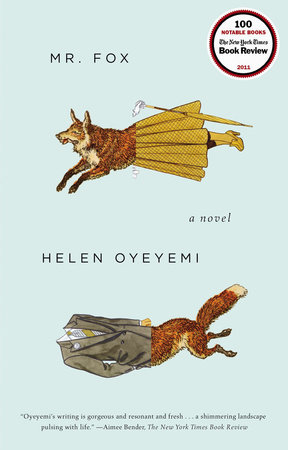
Mr Fox by Helen Oyeyemi
This book is mesmerizingly strange, a fragmented landscape of reinventions across which two nemeses chase each other: Mr. Fox and the witchy, uncanny, possibly-unreal Mary Foxe. With sly wit and a mind like no other, Helen Oyeyemi manages both a ruthless investigation of gendered violence, and an upending of all those old and-then-she-gets-killed stories as Mr. Fox and Mary get closer to something new and true.
Strangers on a Train by Patricia Highsmith
Patricia Highsmith has no use for humans, but she does love their weaknesses. Also she used to store snails in her bra so she could carry them across international borders, but that’s an obsession for another day. Look, you have to read this book. There’s a train. Two men meet and make an unspeakable pact. And things just get worse from there…
The Treasurer by Max Posner
An elegant, wry and constantly surprising play in which a man’s nemesis is his aging mother—and he feels terrible about it. But also, she’s making his life a living hell. Produced by Playwrights Horizons and published by Dramatists Play Service, this is as much a beautiful read on the page as it was a beautiful production.
Wild Seed by Octavia Butler
You know what’s worse than a regular nemesis? An immortal one. Doro pursues shape-changing Anyanwu across countries and centuries, as their relationship shifts from lovers to enemies to something more familial and complicated. This book is not a comfortable read (cue: consent issues, slavery, and weird body-snatcher sex), but let me put it this way: during the week I read it, I was fully captivated by something other than rising COVID numbers…
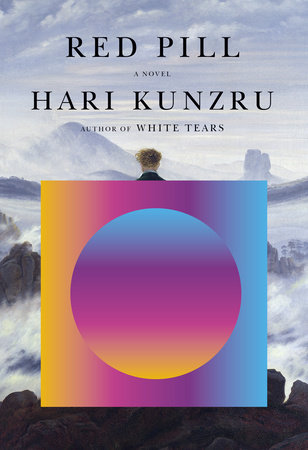
Red Pill by Hari Kunzru
I read this book like falling down a well: quickly, and with a great fear about what was waiting at the bottom. An American writer-in-residence at an increasingly bizarre German arts institution develops an unsettling obsession with a far-right cop show… and then with the man who is making it. Smart, scary, and compelling.
The Skriker by Caryl Churchill
For my money, Caryl Churchill is one of our greatest living playwrights—and this play is pure Churchill, a blending of genres that redefines both style and language. The play is about an ancient and malevolent fairy pursuing two teenage mothers in 90s London, and it manages to be funny and chilling at the same time.
The Garden of Eden by Ernest Hemingway
Oh listen. Whatever you’re going to say about Hemingway, I know, and you’re right, and I would never have dated him. That said, this book is the trashy seaside love-hate threesome you always wished would transport you far far from reality. Is it problematic? Sure! Is there a great nemesis? More than one! Do I feel like, as a queer woman, I got something very different from this than what Hemingway intended? Absolutely. And therein, my friends, lies the power of literature.
Calling a Wolf a Wolf by Kaveh Akbar
This collection of poems is searing, riveting, and deeply human. The nemesis is alcohol. Or it is God. Or it is the poet himself, who comes up against his own limitations again and again; who sees both his divine potential alongside the brutality of his failures. A line from the poem “Exciting The Canvas” is both in the front materials for We Play Ourselves, and a good summation of 2020: “Odd, for an apocalypse to announce itself with such bounty.”

